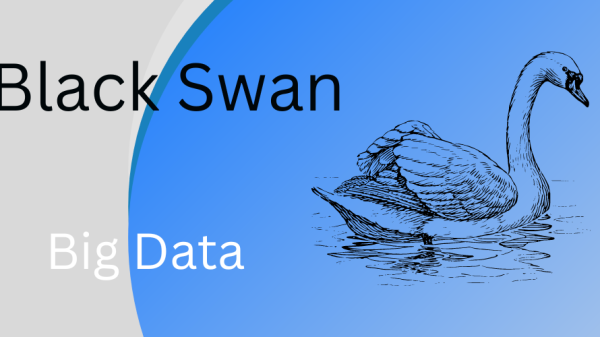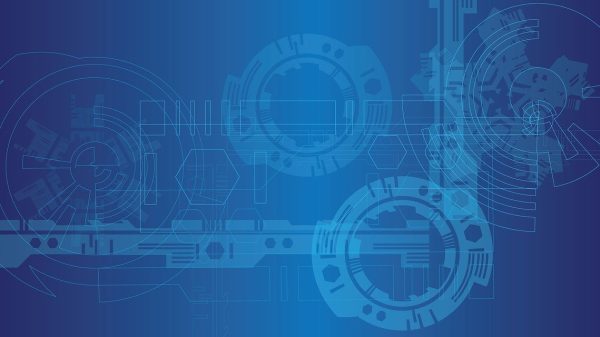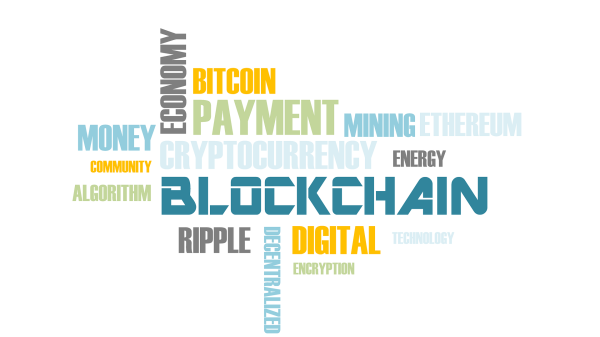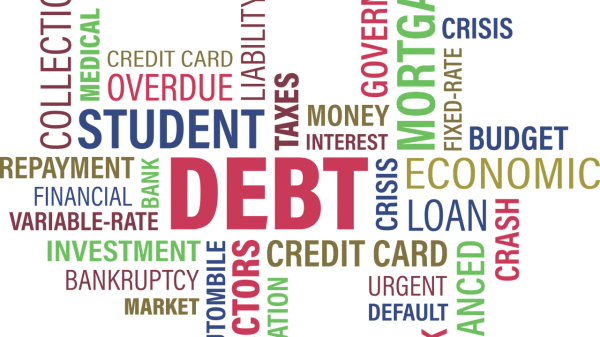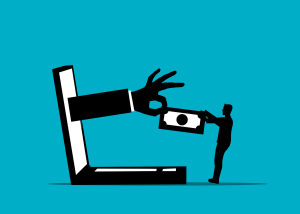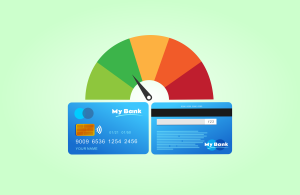If you are looking for a solution to get out of debt, by know you are aware that there are numerous strategies. These strategies are adequate for people in different financial situations and different levels of debt. One such opportunity to pay off your debt is debt settlement. As with any other strategy, when executed correctly, debt settlement can offer various benefits. On the other hand, if it is misunderstood, the borrower could be left only with the drawbacks of the debt settlement. For this reason, before going for debt settlement, there are a couple of things that should be considered. You should try and understand the different advantages and disadvantages of debt settlement. Also, try to understand how debt settlement works. After all, you may decide that some other strategy would be more appropriate to pay off your debt. Whatever you decide, the decision must be made on the basis of relevant information. Try to gather as much information as possible. So, do you know some of the advantages and disadvantages of debt settlement?
Debt settlement defined
Having debt means that we should repay the money owed at some point in time. There are different strategies for the repayment of our debt, one of which is debt settlement. Debt settlement is a strategy to pay off your debt by offering a lower amount to your creditor than what you actually owe. This means that it is a process of negotiating and reaching an agreement with your lender. The agreement is to repay your debt with a lower amount than the outstanding balance. Basically, you make a one-time payment towards the outstanding balance, and the lender forgives your portion of the debt. The lender is settling for less than what you actually owe.
Pros of debt settlement
As with any other alternative, debt settlement also has its own advantages that should be considered. Before making any debt-related decision, make sure that you have understood the benefits and risks that come with each possible alternative. So, what are some of the debt settlement benefits? Some of the most important advantages of debt settlement are:
Avoiding bankruptcy – is one of the benefits if you decide to go with the debt settlement. Namely, although bankruptcy is an alternative to getting out of debt, it will have consequences in the long run. If you file for bankruptcy, it will be recorded on your credit report for 10 years. In addition, it can pose a problem if you want to apply for a loan sometime in the future. Almost every lender wants to know if you have filed for bankruptcy. Unlike bankruptcy, debt settlement will be recorded on your credit report for seven years. No public record is available if you settle your debt. After the period of seven years is over, you will not have to deal with debt settlement on your credit reporting. Thus, if you have an adequate debt settlement, you will avoid filing for bankruptcy and avoid the negative aspects that come with bankruptcy.
Pay off your debt faster – if you are faced with worsened financial health and deteriorated ability to pay off your debt. Meaning that if you have a real problem in meeting your monthly obligations, then debt settlement can come in handy. This doesn’t mean that you should intentionally accumulate debt with the expectation that you will pay less through debt settlement. You should have legitimate difficulties in paying your financial obligation. Going for debt settlement means that you have the possibility to pay off your debt in a couple of years, depending on a couple of factors. This ensures that you pay off your debt in less time (depending on your debt repayment schedule) than it would otherwise take you with your regular payment schedule.
Save money with debt settlement – because you pay less money to your lender than what you actually owe. Because with debt settlement, your lender is accepting a lower amount to be paid, you could have substantial savings. You save money because you will not repay the full principal amount owed. The amount of money you will save depends on how much the creditor wants to settle for. All creditors will try to avoid the bankruptcy of a client. Thus, they agree to a debt settlement. In some instances, a financial company can settle for almost half of the debt. In other words, they would accept a payment of half of the amount you owe to them. This could mean a saving of thousands of dollars for you.
No more debt collector calls – debt settlement means that you are paying (or you have repaid) your debt. So, no more calls from the debt collectors. They will keep calling you because you are not meeting your monthly payments. With debt settlement, you can relax because nobody would be disturbing you about your debt. The benefit of debt settlement is that you would not be subject to a debt collection process. In addition, there is a possibility for debt collectors to file a lawsuit against you for not meeting your financial obligations. Debt settlement would eliminate this possibility. That is, as long as the debt settlement process runs smoothly.
Cons of debt settlement
When considering the advantages of a debt repayment strategy, you should also take into account the possible disadvantages. This will ensure that you have a clear understanding of the debt settlement process and how it will affect your financial health in the future. Thus, some of the drawbacks of debt settlement are considered next.
Impact on credit score – going for debt settlement to pay off your debt will be recorded on your credit score. Although debt settlement is better than filing for bankruptcy, it will negatively affect your credit score. The debt settlement will be recorded as “settled” on the credit report. This is by far less attractive than having “paid in full” recorded on your credit score. Because, in reality, you have paid less money than you have actually owed to your creditor. Your creditor will report to the credit bureaus about the debt settlement, i.e., settled for less than owed. All this means that it will negatively affect your credit score. In turn, this will impact the terms of your loans in the future as well as access to credit.
Tax implications – if you reach a debt settlement agreement with your creditor, you are responsible for paying taxes on the portion of debt reduced. Namely, if the debt reduction is $600 or more that you are accountable for paying tax on this amount. Therefore, although you save money by paying less than you actually owe, you are increasing your taxable income. The portion that will be forgiven by the creditor is considered to be a taxable income. The company responsible for settling your debt will send you the necessary tax form and report it to the IRS. You will have to pay income tax on the reduced debt amount in the year the debt settlement was executed.
Debt settlement fees – can eat up what you save on your principal amount. Debt settlement fees can be rather high and can be up to $3,000 or more, depending on your level of debt. Thus, pay attention to the fees charged by the settlement company. Shop around for the best settlement company.
The need to have accumulated funds – in order to start the debt settlement process, you will need to have enough money to offer to your creditor. This means that you will need to have either cash on hand or accumulate enough cash before the debt settlement process is initiated. You provide the funds to your settlement company, and they hold it until an agreement is reached with your lender.
Not all types of debts can be settled – although you might find debt settlement an attractive strategy to settle your debt, it is not available for any type of debt. Debt settlement is available only for unsecured debt (such as credit cards, personal loans, or personal lines of credit). This means that loans such as mortgages are not eligible for debt settlement because the secured loans are guaranteed by some form of collateral, i.e., assets.
Getting familiar with the benefits and pitfalls of debt settlement or any other get-out-of-debt strategy will ensure that you have made the right choice regarding your plans to eliminate your debt. You should never make a blind decision without having any adequate information. One such piece of information is considering possible positive and negative effects on your financial health. Never forget that you need to make an informed decision. So, after getting familiar with the pros and cons of debt settlement, would you choose debt settlement to cope with your debt or not?

